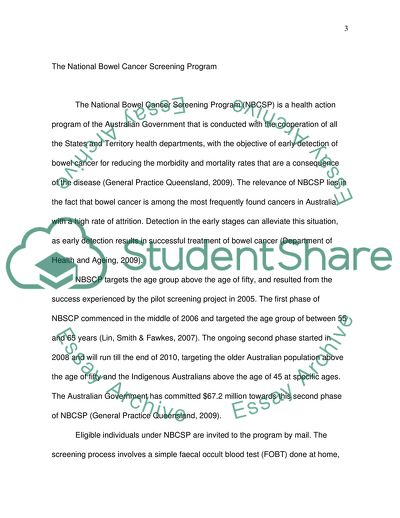Cite this document
(National Bowel Cancer Screening Program Term Paper, n.d.)
National Bowel Cancer Screening Program Term Paper. https://studentshare.org/health-sciences-medicine/1735054-report-style-policy-power-and-politics-in-health-care
National Bowel Cancer Screening Program Term Paper. https://studentshare.org/health-sciences-medicine/1735054-report-style-policy-power-and-politics-in-health-care
(National Bowel Cancer Screening Program Term Paper)
National Bowel Cancer Screening Program Term Paper. https://studentshare.org/health-sciences-medicine/1735054-report-style-policy-power-and-politics-in-health-care.
National Bowel Cancer Screening Program Term Paper. https://studentshare.org/health-sciences-medicine/1735054-report-style-policy-power-and-politics-in-health-care.
“National Bowel Cancer Screening Program Term Paper”. https://studentshare.org/health-sciences-medicine/1735054-report-style-policy-power-and-politics-in-health-care.


